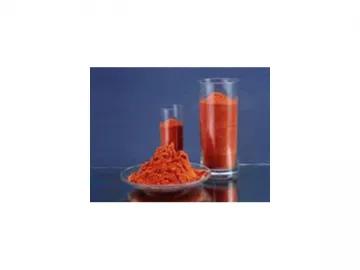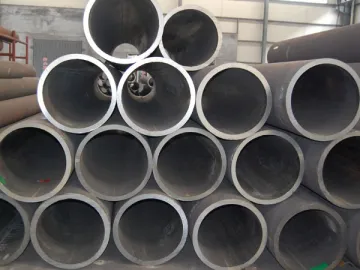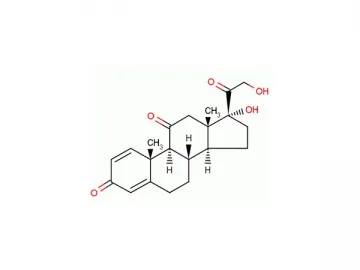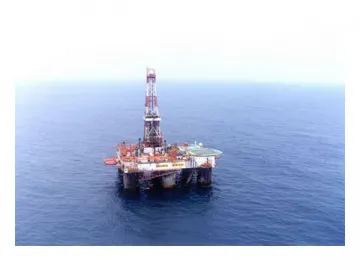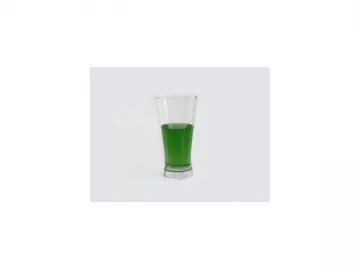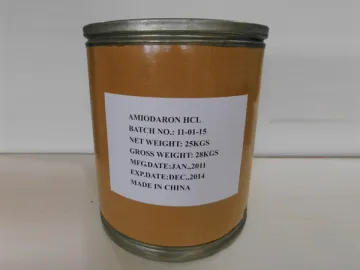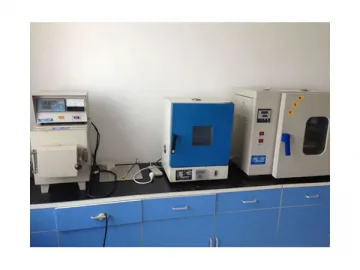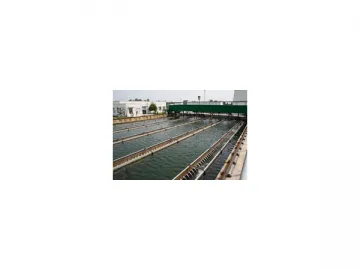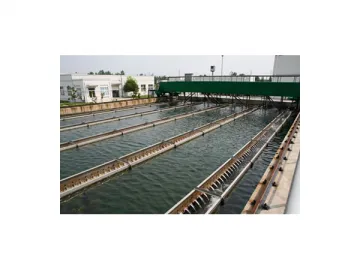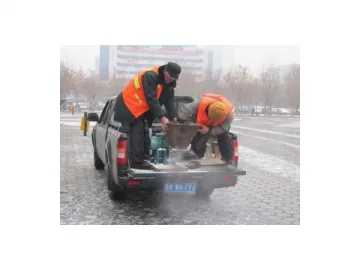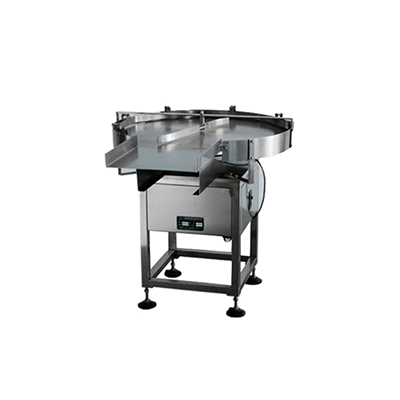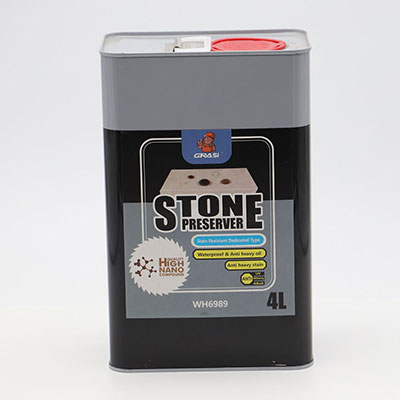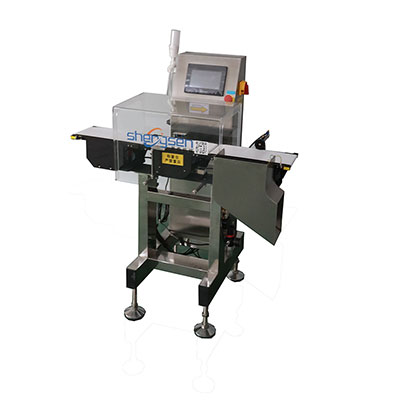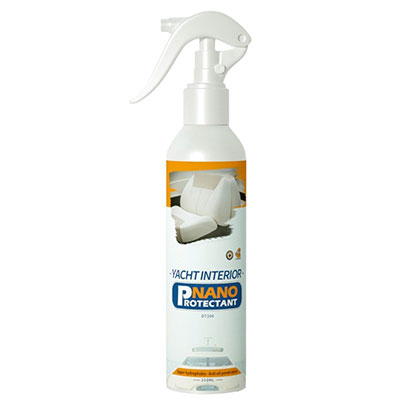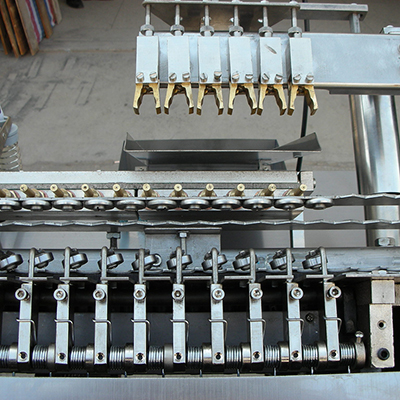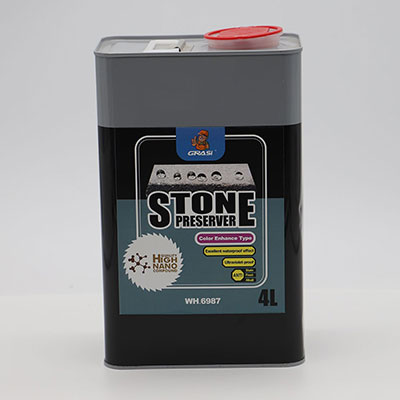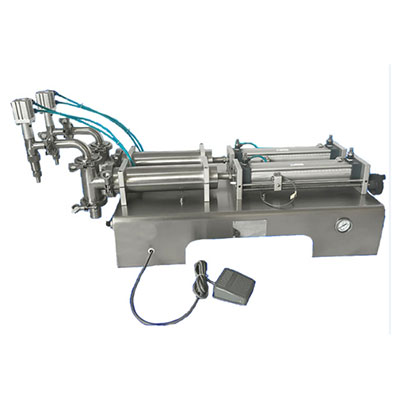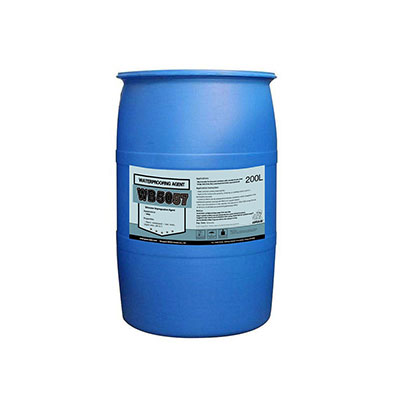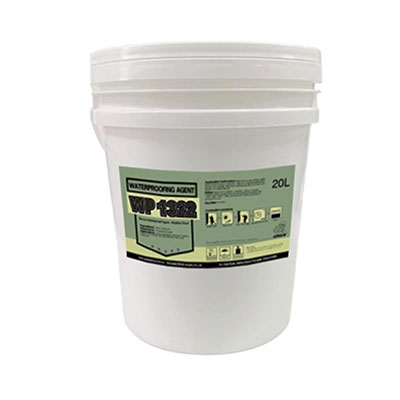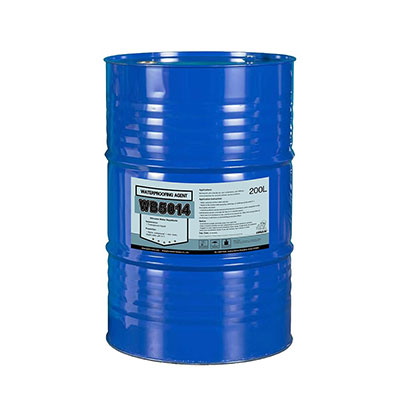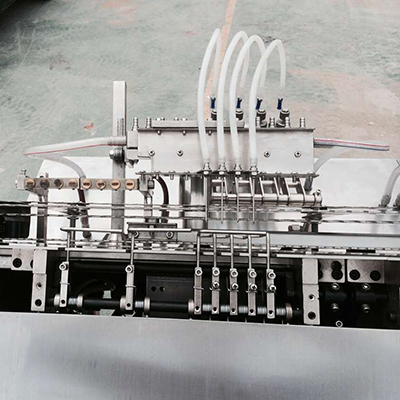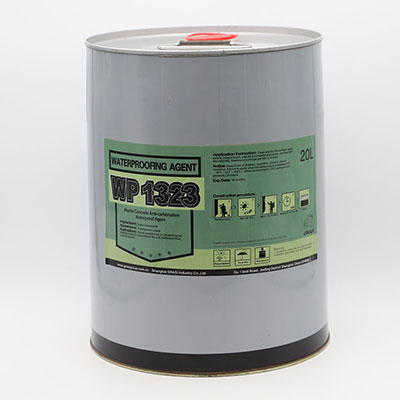Industrial Sewage Treatment
Along with the rapid industrial development and the population increase, water pollution is becoming more and more serious. For example, industrial sewage, one of the most serious pollutions, contains lots of contaminations which are complicated and difficult to be purified. Currently, industrial sewage has not only remarkably damaged the natural environment, but also seriously affected human's daily lives.
Being aware of that, we have been working hard to develop new technologies and more types of industrial sewage treatment chemicals to make more contributions to alleviate the pollution. The industrial sewage treatment mainly involves the elimination of acidic substance, alkaline substance, heavy metal, and some other organic and inorganic pollution. Besides, the chemical toxicant, pathogen, and suspensions are also need to be removed.
We mainly dispose or recycle the solute and colloidal materials in the sewage using chemical reactions including coagulation, neutralization, oxidation/reduction, ion exchanging, and so on. The chemical methods have great performance, but are expensive. So they are mostly used for the biochemically treated water to increase the quality of the final water.
To further improve the product quality, we built a large advanced facility—spray drying tower, which has fast spraying speed and wide application range. The spraying duration is so fast that the granules are basically in liquid-drop shape. These granules have great dispersibility, mobility and solubleness. The simplified production and convenient control operations are gaining more and more customers' interests.
As a professional wastewater treatment chemicals supplier, we have lots of great water purification products.
1. Poly aluminium chloride.
It is an inorganic polymer as well as a coagulant which has great bridging and adsorptive properties. Poly aluminium chloride has been widely used for treating drinking water, industrial water, and sewage. Specifically, we use spray drying tower for the granule production, so the product has great stability, wide application range, fast hydrolyzing speed, and excellent adhesive ability. Besides, the formed alumen ustum is big, while the sediment has firm texture and fast precipitating speed. The turbidity of the final water is quite low.
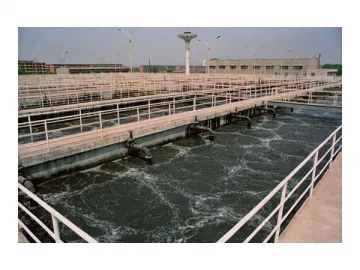
When the water quality is poor, the spray drying poly aluminium chloride using amount can be reduced by 50% comparing with drum drying product. Thus both the labor intensity and water treatment cost can be reduced.
2. Polyacrylamide.
It is a water soluble polymer with great flocculability. It can reduce the frictional force between fluids.
The anionic polyacrylamide has great performance in dealing with 1) sewages with big size suspending granules, high concentration, particles with cations and water pH≥7; and 2) sewage produced by steel company, electroplate factory, metallurgy industry, and coal washing process.
The cationic polyacrylamide is suitable for treating sewage with high content of organic colloid in industries like dyeing, papermaking, construction, metallurgy, coal powder processing, oilfield, aquatic products processing and fermentation. It is also very suitable for the dewatering of polluted sludge in city, and some industries like papermaking, as well as the city sewage treatment.
3. Calcium chloride.
As one of the most economic Ca2 source and pH value modifier, calcium chloride can be used for removing oiliness and inorganic substances like fluoride, phosphate, and heavy metal. The industrial calcium chloride is used for purifying sewage produced in metal (such as aluminium, iron) metallurgy and metal finishing, as well as for the sewage treatment in city and industries like electroplating, glass, ceramic and laundry.
4. Magnesium chloride.
Combining with microcosmic salt, magnesium chloride, as Mg2 source, can deal with non-sulfate sewage and remove the ammonium in city sewage, food industry sewage, and so on. With the addition of MgCl2 and Ca(OH)2, Mg(OH)2 will be formed, leading to the in-situ co-precipitation of contaminating materials (metals and organic substances). In this way, the water used in production could be recycled.
5. Special situations.
A single flocculating agent can't handle some complicated sewage well. You need to add some mixture of calcium chloride and magnesium chloride, or poly aluminium chloride and polyacrylamide, to improve the performance. However, corresponding experiments should be conducted according to the practical situations.
Links:https://www.globefindpro.com/products/61207.html

